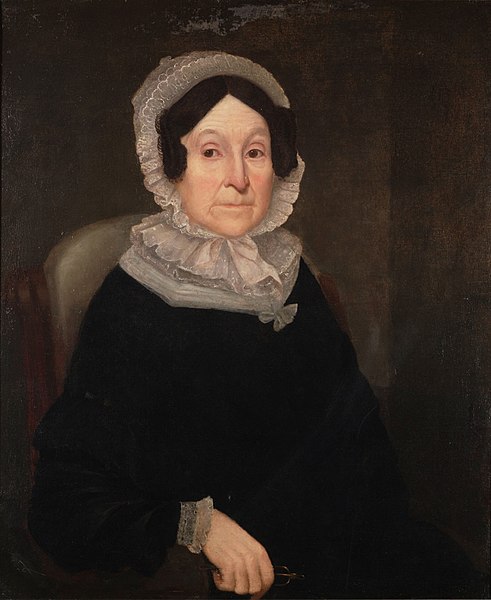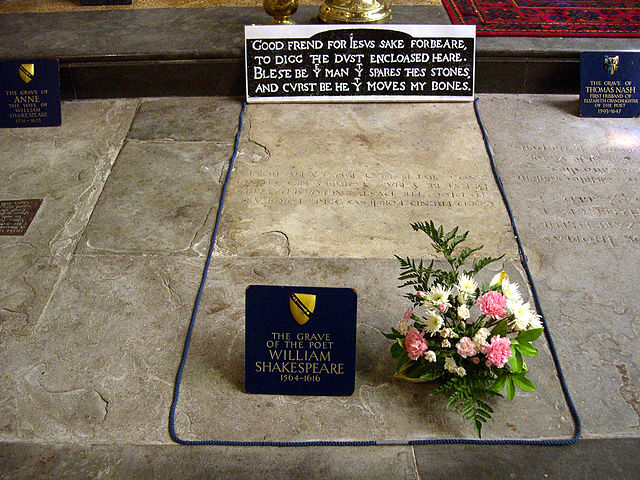Noah Webster Jr. was an American lexicographer, textbook pioneer, English-language spelling reformer, political writer, editor, and author. He has been called the "Father of American Scholarship and Education". His "Blue-backed Speller" books taught five generations of American children how to spell and read. Webster's name has become synonymous with "dictionary" in the United States, especially the modern Merriam-Webster dictionary that was first published in 1828 as An American Dictionary of the English Language.
An 1833 portrait of Webster by James Herring
A portrait of Webster by Samuel Morse
Webster's home in New Haven, Connecticut, where he wrote An American Dictionary of the English Language; the home was later relocated to Greenfield Village in Dearborn, Michigan.
Webster's wife, Rebecca Greenleaf Webster
English-language spelling reform
For centuries, there have been movements to reform the spelling of the English language. It seeks to change English orthography so that it is more consistent, matches pronunciation better, and follows the alphabetic principle. Common motives for spelling reform include quicker learning, cheaper learning, and making English more useful as an international auxiliary language.
President Theodore Roosevelt was criticized for supporting the simplified spelling campaign of Andrew Carnegie in 1906.
The epitaph on the grave of William Shakespeare spells friend as frend.






